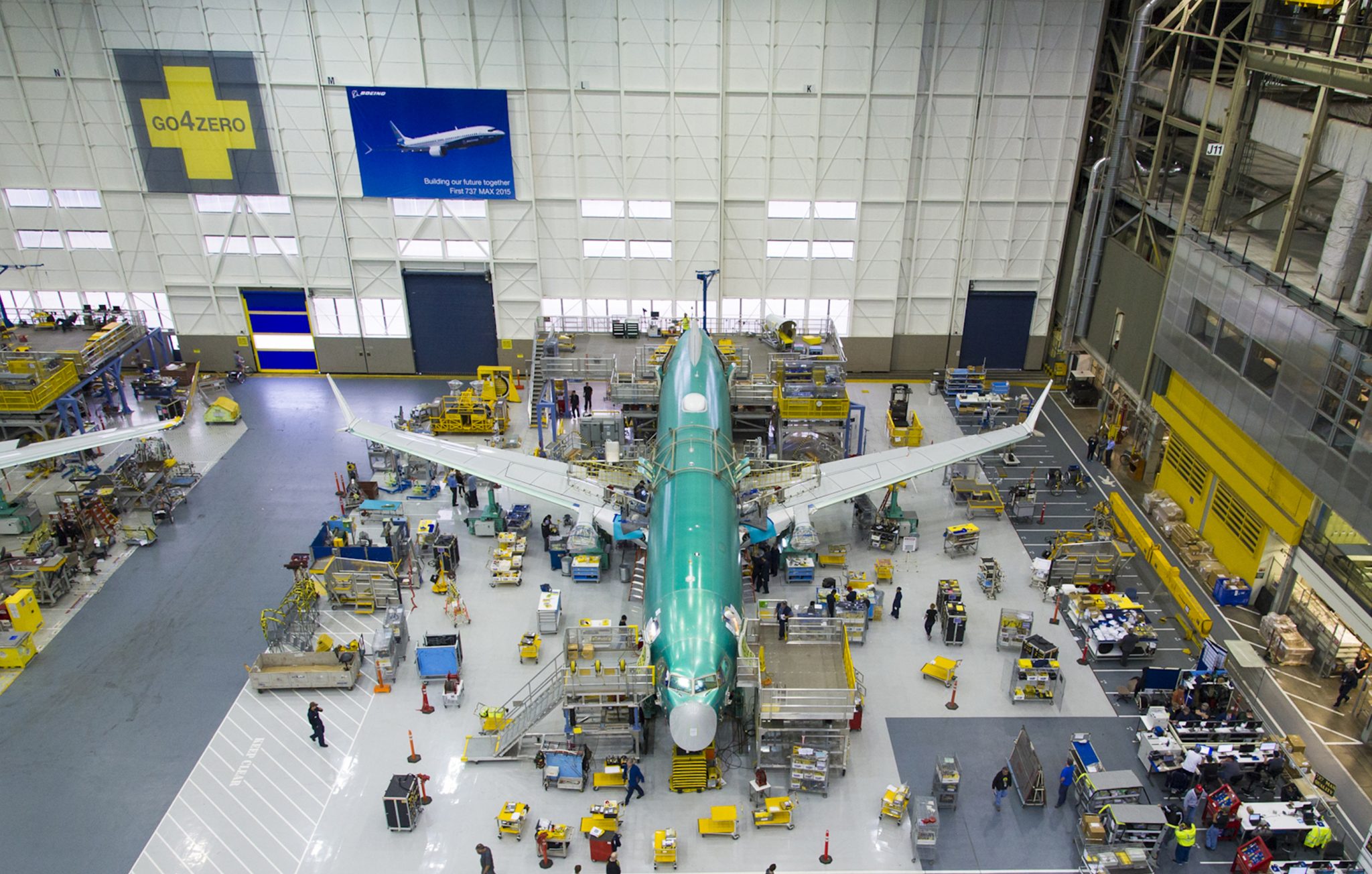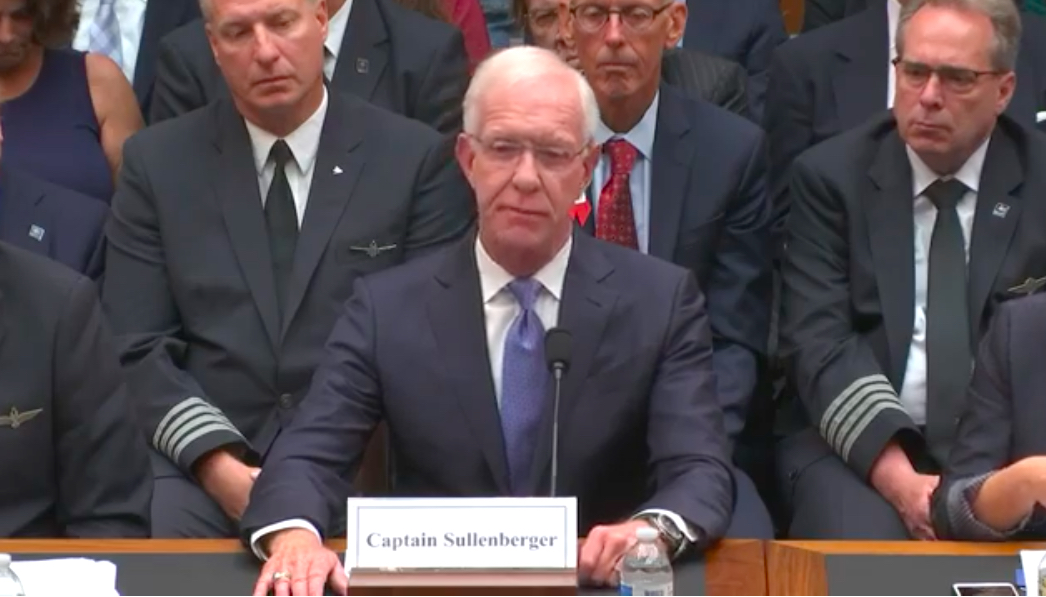
Ever since the FAA issued a worldwide safety notice that grounded Boeing’s controversial 737MAX aircraft family, the date on which it might finally be cleared to fly keeps on getting pushed back. As a recap, the FAA finally took action to ensure the safety of passengers and crew when two 737MAX8 aircraft crashed within six months of each other – 330 passengers, 12 flight attendants and four pilots were killed in the two accidents involving the brand new planes belonging to Lion Air and Ethiopian Airlines.
While both the FAA and Boeing have been careful not to give timelines of when they think the 737MAX will once again be deemed safe to fly, observers have tried to work out a possible date from timetable updates provided by the airlines that operate these planes. As just one example, American Airlines has cleared its schedules of 737MAX services until at least September 3rd.

The airline previously cancelled 737MAX services up to August 19 and estimates around 115 flights per day are being cancelled because of the recertification process. Clearly, there’s a lot of pressure for both Boeing and the FAA to recertify the 737MAX but thankfully the agency has taken a very conservative approach to ensure they get it right.
Boeing says that once the 737MAX is recertified it will be one of the safest planes ever to fly. That may well be the case but if Boeing, the FAA and other regulators don’t get pilots, flight attendants and the travelling public onboard the 737MAX may be “forever tainted”.
That’s exactly the fear of Lori Bassani, president of the Association of Professional Flight Attendants – she heads the largest independent flight attendant union in the world and knows that her members have got to have trust in the safety of the 737MAX if it’s return to service is going to be successful.

Bassani made her concerns clear in written testimony to a House Committee on Transportation & Infrastructure taking place today on the status of the Boeing 737MAX. The same committee also heard testimony from “Miracle on the Hudson” Captain Chesley “Sully” Sullenberger – He told the committee that the “current system of aircraft design and certification has failed us.”
“It is clear that the original version of MCAS was fatally flawed and should never have been approved,” Sullenberger continued, arguing that pilots should have access to simulator training to test out Boeing’s software fix.
The Association of Professional Pilots also wants access to a simulator to test the fix and train different scenarios – that proposal has been rejected with Boeing arguing that a computer-based eLearning package will suffice.
The pilots aren’t happy and flight attendants aren’t either – if Boeing and the FAA are going to win back trust then pilots and flight attendants have to be involved in every step of the recertification process. After all, passengers will be looking to them for reassurances that the plane they are stepping on is safe and fit to fly.
In one particularly telling part of Bassani’s testimony, she asked the committee:
“Does the public, and do our Flight Attendants and pilots, trust our management, the FAA, and Boeing to make their decisions solely based on safety?”
Sara Nelson of the Association of Flight Attendants shares a similar opinion to Bassani. In her own testimony to the committee, she said public trust in the entire U.S. aviation system had been “shaken” because of the original certification process of the 737MAX and then the “slow and inadequate response” of the FAA following the two fatal crashes.
Nelson says many questions remain but she looks forward to reassuring the public of the 737MAX’s safety once the recertification process is complete.
It’s pretty clear that we’re a long way off from reaching that point but Boeing suggests the 737MAX might be cleared to fly by the end of 2019 – whether or not pilots, flight attendants and passengers actually want to get onboard one is a different matter altogether.
A recent poll of NPR listeners suggested over half wouldn’t want to fly a 737MAX so this may well be an uphill battle for both Boeing and the FAA. It’s great that the agencies have been involving flight attendant and pilot unions in the recertification process but they would be wise not to deny reasonable requests like simulator training if they are going to win back trust.
Related
Mateusz Maszczynski honed his skills as an international flight attendant at the most prominent airline in the Middle East and has been flying ever since... most recently for a well known European airline. Matt is passionate about the aviation industry and has become an expert in passenger experience and human-centric stories. Always keeping an ear close to the ground, Matt's industry insights, analysis and news coverage is frequently relied upon by some of the biggest names in journalism.







